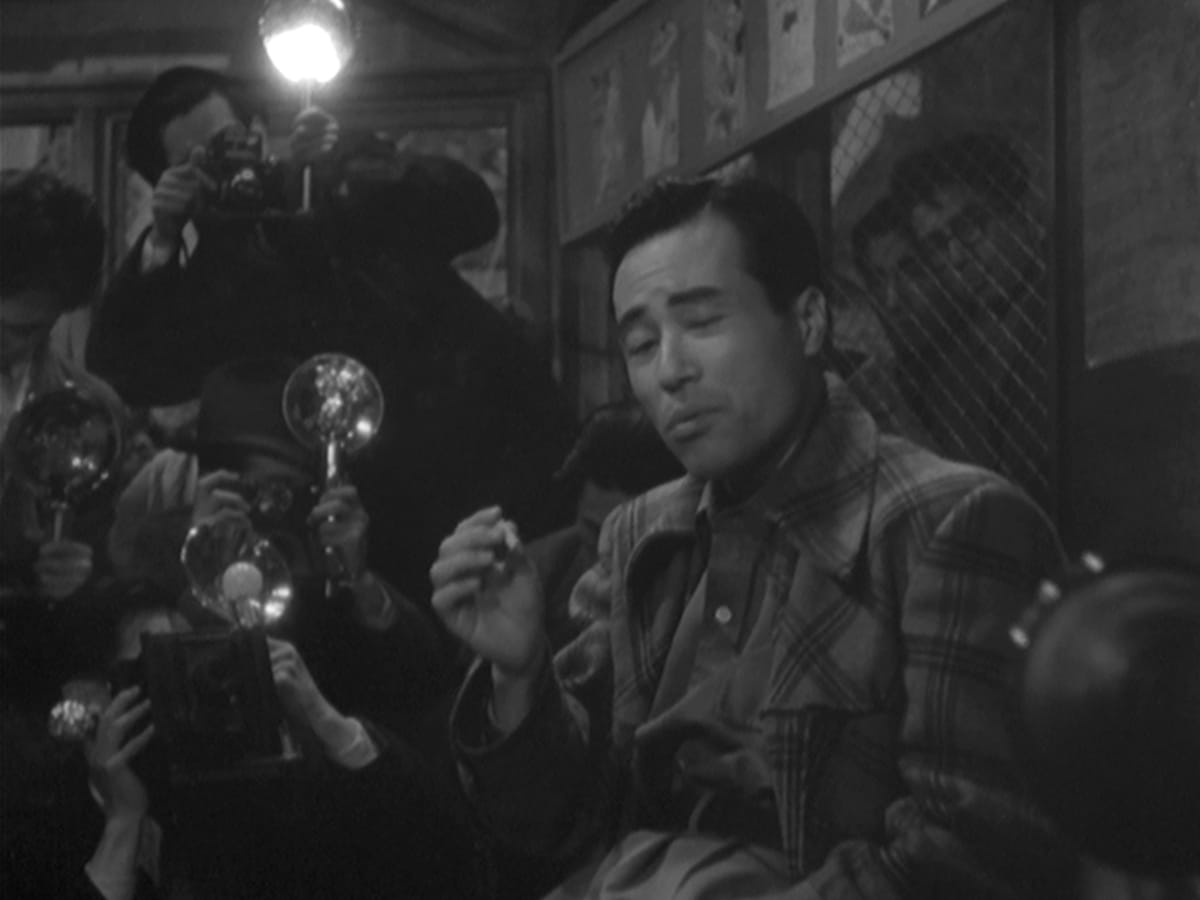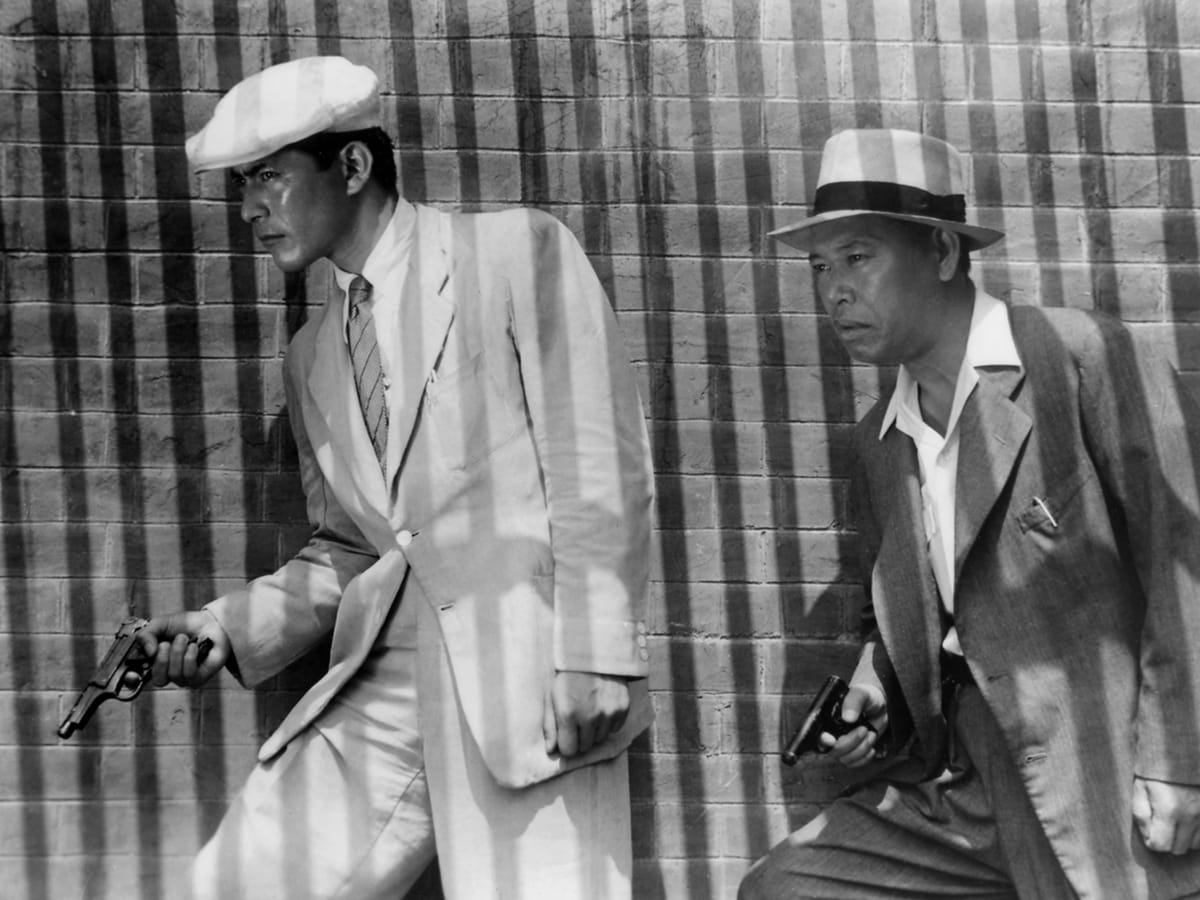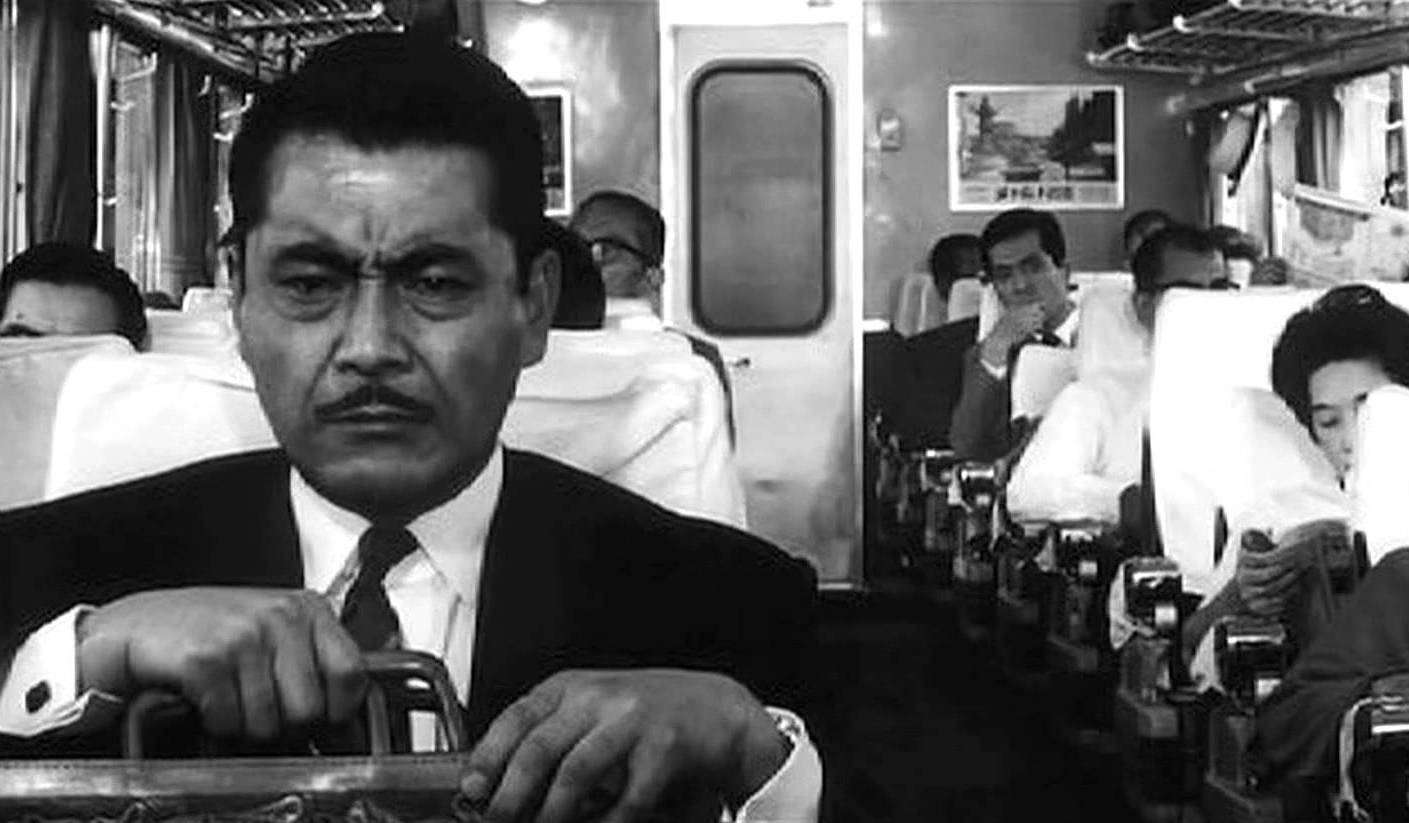In Akira Kurosawa’s Scandal (Sukyandaru, aka Shubun, 1950), the aspiring painter Ichiro Aoye (Toshiro Mifune) and the famous opera singer Miyako Saijo (Yoshiko Yamaguchi) become victims of the gutter press, with a magazine claiming that the two young people are lovers. A surreptitiously taken photo showing them together at an inn in the countryside is […]








